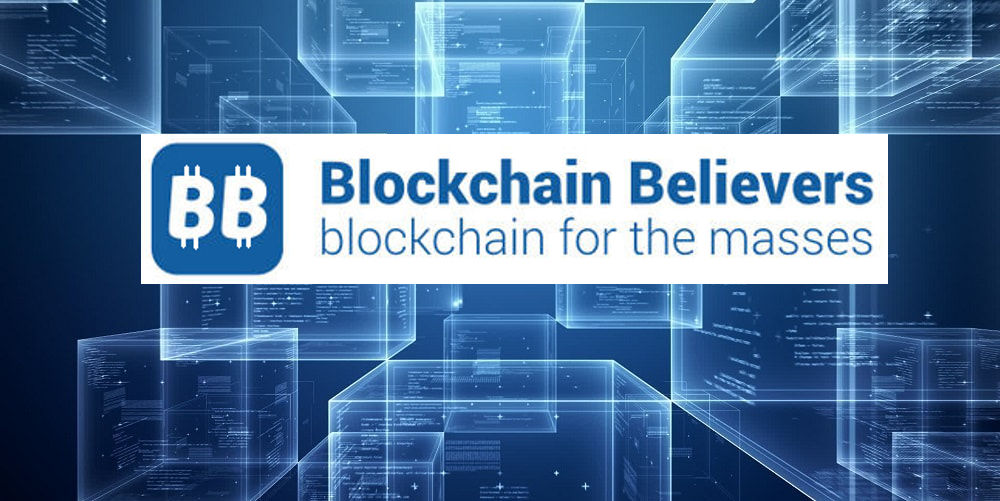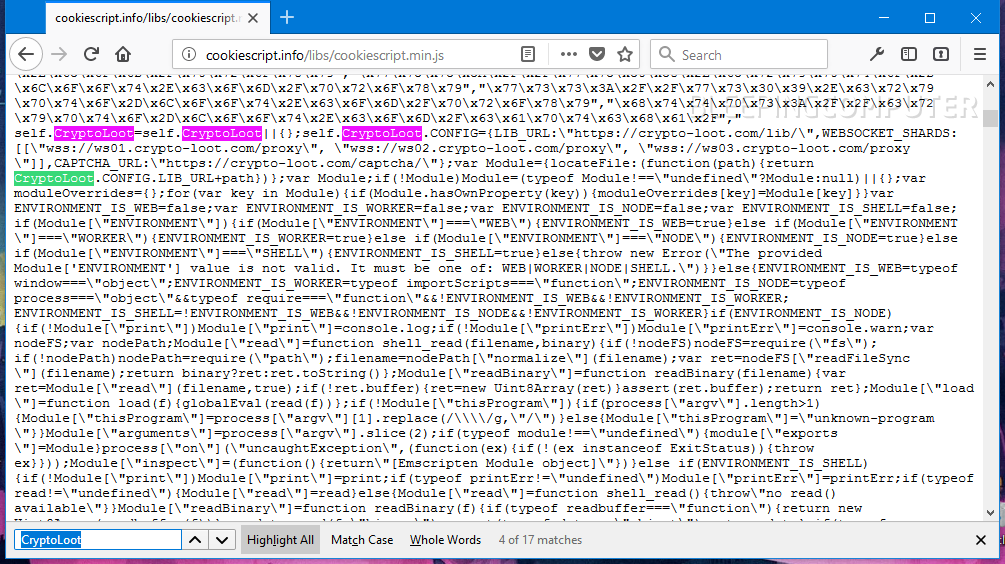She’s started a legal tech company whose mission is “creating legal solutions for society that enable greater access to legal services.”
The blockchain will change our lives forever. Not just for the lucky people who were (now famously) paid 10,000 bitcoins to fetch two pizzas (at the time of this post, that would have value in excess of $110 million USD). Blockchain technology has massive and cascading implications to the fundamentals of contract, public records of transaction, securities regulation and digital identity.
As we dive into 2018, I am starting the year with a series committed to cryptocurrency and blockchain, and the lawyers helping to advance the blockchain revolution. If you need an intro to blockchain or cryptocurrency in general, I will not be doing that here, mainly because I lack the expertise. For a primer, I suggest the Thomson Reuters intro to blockchain, Blockchain 101 resources at Coindesk (worth reading almost all of it), Nick Szabo’s conversation with Tim Ferriss on his podcast (this is honestly the first time I had it explained to me that stuck), and this most recent post from Perla and Kamlani (found on this fine site).
In this first installment, I interviewed Amy Wan, a “legal hacker” and co-founder of Bootstrap Legal. In the six years since graduating from her dual degree program at USC and the London School of Economics, Amy’s worked on international regulatory affairs (specifically, as a Presidential Management Fellow) and has been a general counsel, and law firm partner. She is now a founder and CEO of Bootstrap Legal, a legal tech company whose mission is “creating legal solutions for society that enable greater access to legal services.” Through her company’s project Sagewise, she is building a dispute resolution infrastructure for smart contracts.
Amy’s expertise is at a level of incomprehension for most of us blockchain neophytes. I can best put it like this: Amy is not an enthusiast, or an evangelist. She’s an actual real-life expert, someone that is working on the real and not the theoretical. Here’s our conversation:
Ed Sohn: Amy, tell me your story.
Amy Wan: I studied biology at USC, but quickly figured out that I wasn’t interested in it or a career in healthcare. Instead, I got involved in a lot of community work while an undergrad at USC, and I went to USC Law to continue some of the work I had started in social justice. After my 1L internship, however, I got a little disillusioned with human rights work because I felt that humans rights law does not effectively cross borders.
ES: Where did you turn next?
AW: I started to look around, what DOES cross borders — what is universally respected. The answer: money. So I changed my focus, started looking at the intersection of money and morality.
Source/More: alt.legal: Amy Wan Is Making The Blockchain A Safer Place For Contracts | Above the Law















